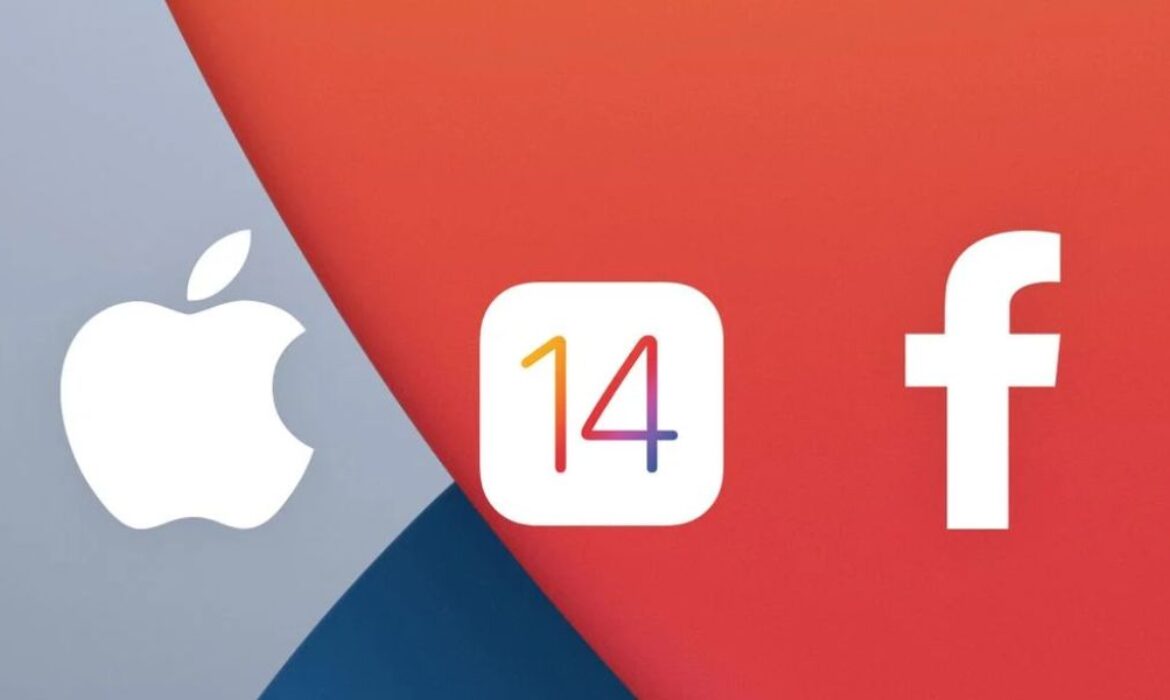Explained: Why Facebook thinks Apple’s iOS 14 privacy push will have a severe impact on business
Apple and Facebook are fighting again but this time over ads and privacy. Sometime next month, it is expected that Apple will roll out its iOS 14 updates with a privacy change. Apple will explicitly ask its users if they wanted to be tracked by a specific app. A simple question, with a potentially serious consequence. Facebook warns that these privacy changes can lead to a more than 50% drop in its Audience Network advertising business.
IDFA And The Privacy Changes
Apple assigns IDFA or Identifier for Advertisers to an iPhone across apps. This tracking mechanism is basically their cookie and advertising platforms rely on the data to target ads. App and gaming companies rely heavily on such data and show ads via Facebook’s ad platform, Audience Network.
This identifier was always present by default for iOS users but Apple’s new privacy change means that users cannot be tracked by default anymore. Many advertising industry insiders believe users will refuse data tracking permissions if given a choice. This means no data for ad targeting which eventually will make ad placement a task. Fewer ads on Facebook’s Audience Network will lead to less revenue for publishers.

Image Credit: Vox
Why Is Facebook Unhappy?
Facebook Audience Network is one of the ad placement options for Facebook. This placement depends on ad placement within the app. The app owners monetize this placement. The data from IDFA works with Facebook’s SDK, a tracking mechanism.

Image Credit: Search Engine Journal
Facebook has alerted advertisers of reduced targeting and campaign measurement ability as well as publishers especially working with Facebook’s Audience Network of the fall in revenue by 50% and warned that the impact could be more. In a blog post, it said,
Like all ad networks on iOS 14, advertiser ability to accurately target and measure their campaigns on Audience Network will be impacted, and as a result publishers should expect their ability to effectively monetize on Audience Network to decrease.
Ultimately, despite our best efforts, Apple’s updates may render Audience Network so ineffective on iOS 14 that it may not make sense to offer it on iOS 14.
Facebook also commented that it is less likely to affect its own ad business but will seriously dent small publishers and developers’ revenue using Audience Network. Audience Network represents a smaller part of the overall revenue pie.
What Steps Is Facebook Taking?
Facebook has outlined the steps to be taken to ensure that its advertising business is in line with Apple’s requirements. However, this will limit the scope of targeting ads effectively to iPhone and iPad users.
- Facebook will not collect IDFA by making a change to its own apps on iOS14. They will spare them from having to ask for data-tracking permissions from the users.
- Facebook asks businesses to create a new ad account dedicated to running app install ad campaigns for iOS 14 users. The current account that targets previous iOS versions along with Android users is to be maintained.
- An updated version of the Facebook SDK will be released to support iOS 14 which will limit the data available to businesses for running and measuring campaigns. This update will be rolled out before Apple releases the iOS14 update.
Facebook’s tone has always been mild but remarkable to openly challenge Apple. In a blog, the company said,
“We understand that iOS 14 will hurt many of our developers and publishers at an already difficult time for businesses. We work with more than 19,000 developers and publishers from around the globe¹ and in 2019 we paid out billions of dollars². Many of these are small businesses that depend on ads to support their livelihood.”
Why Apple’s Move Is So Significant?
iOS makes up just 25 % of the total global mobile market and the remaining is dominated by Android but the former is a more monetizable operating system as the iPhone users are from better economic strata. Therefore any change in the policy can have a great impact on the ad and developer business.
Read more: Facebook Debuts Shops In Its Mobile App, Instagram Expands Checkout Feature


